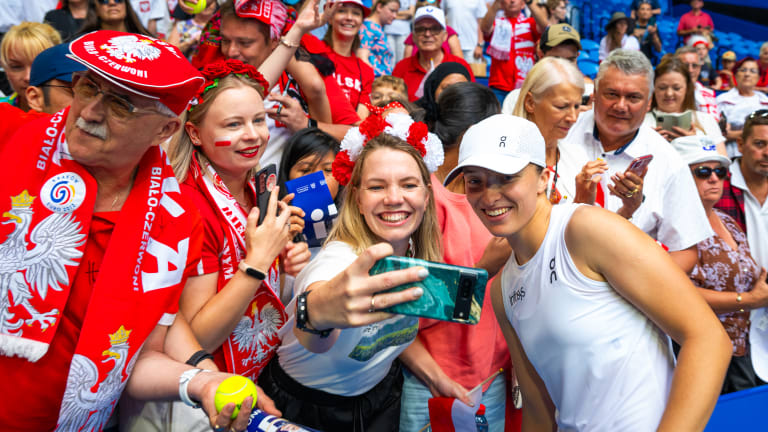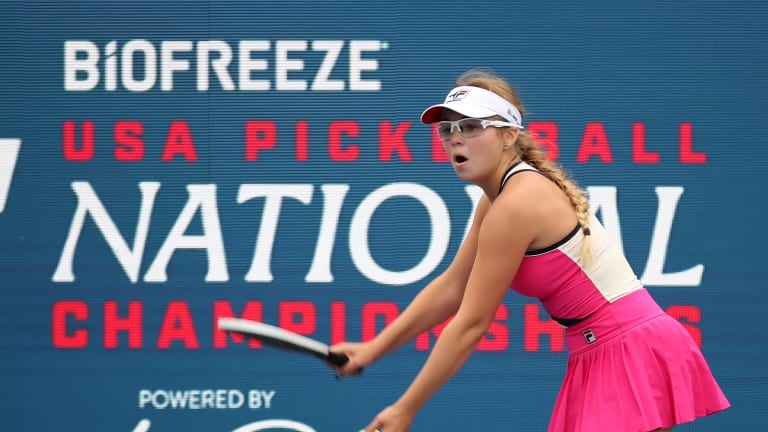Your Game
Make more returns, beat a better player: The right resolutions really can help your tennis game
By Jan 02, 2024Your Game
The Official 2025 Mother’s Day Tennis Gear Gift Guide
By Apr 27, 2025Your Game
Racquet Review: Head Radical Pro 2025
By Apr 26, 2025Your Game
Racquet Review: Yonex EZONE 100
By Apr 20, 2025Your Game
Geared Up: Andrey Rublev keeps letting it rip with Head and K-Swiss
By Apr 19, 2025Your Game
Tariffs are serving up challenges to the tennis equipment industry
By Apr 13, 2025Your Game
The Partner ball machine uses robotics to revolutionize tennis training
By Apr 12, 2025Your Game
Racquet Review: Wilson Clash 100 Pro v3
By Apr 06, 2025Your Game
Shoe Review: Adidas Ubersonic 5
By Apr 05, 2025Your Game
Doubles Partners: Asics and A.P.C. team up for one-of-a-kind tennis collection
By Mar 30, 2025Make more returns, beat a better player: The right resolutions really can help your tennis game
When you walk on court, it’s relatively easy to remember your New Year’s pledges, and at least attempt to put them into effect.
Published Jan 02, 2024
Advertising

Pro tennis resets every year in Australia, and the right New Year’s resolutions can help your game at home, too.
© 2024 Robert Prange
Advertising

It seems safe to say that pickleball is here to stay, at least for the foreseeable future.
© 2023 Bruce Yeung